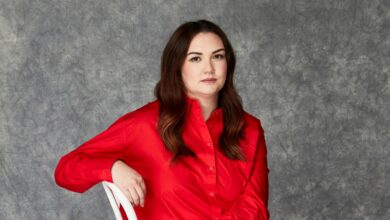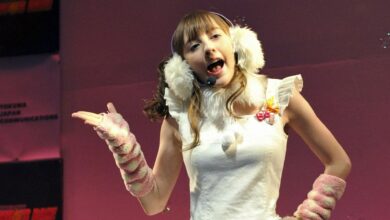I don’t recognize my husband and children anymore – there is no treatment for my condition
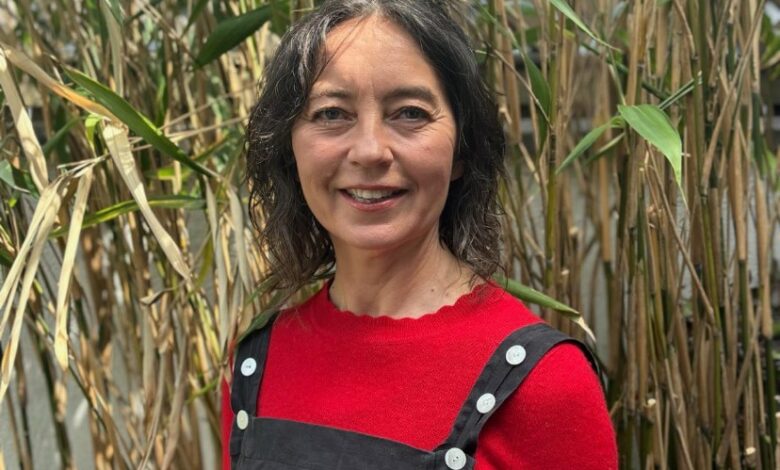
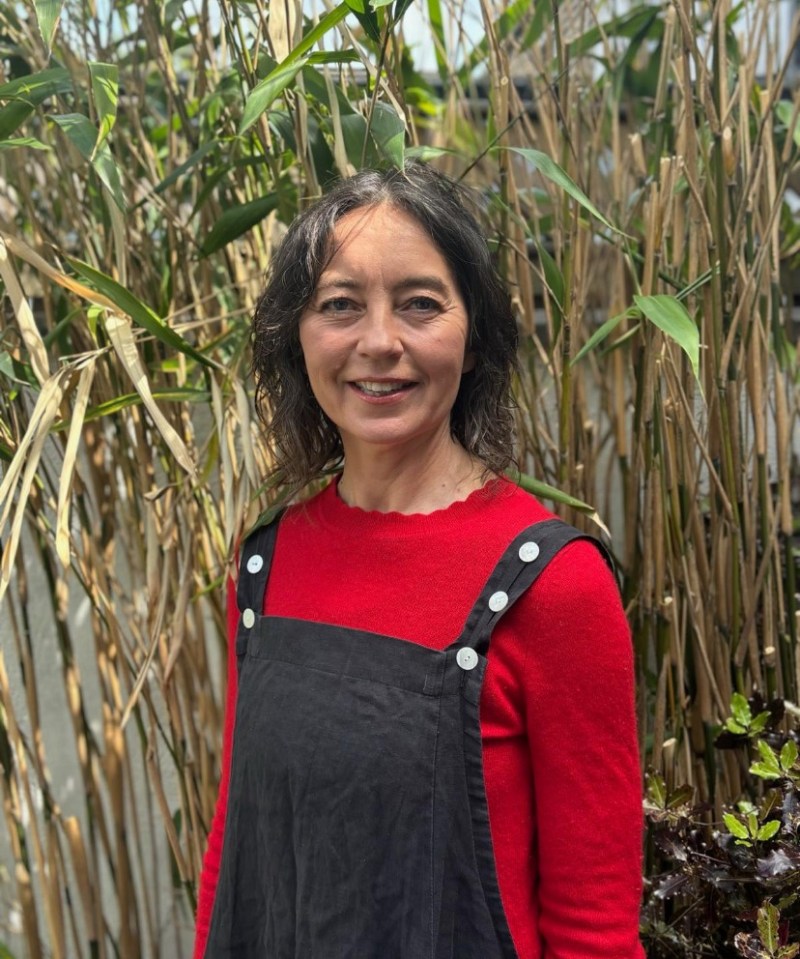
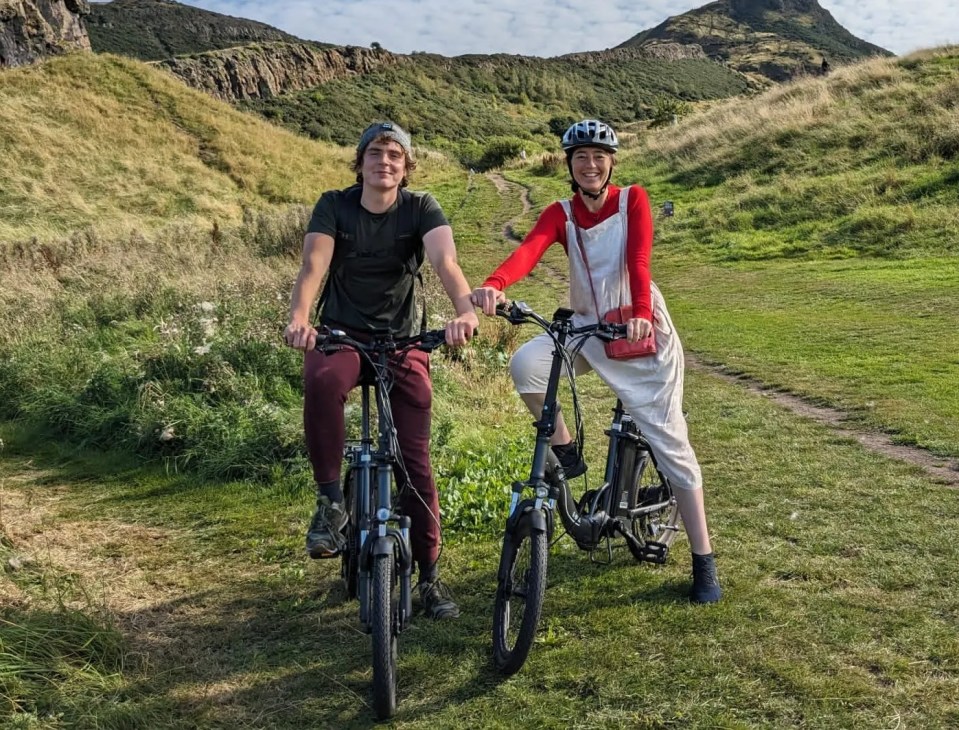
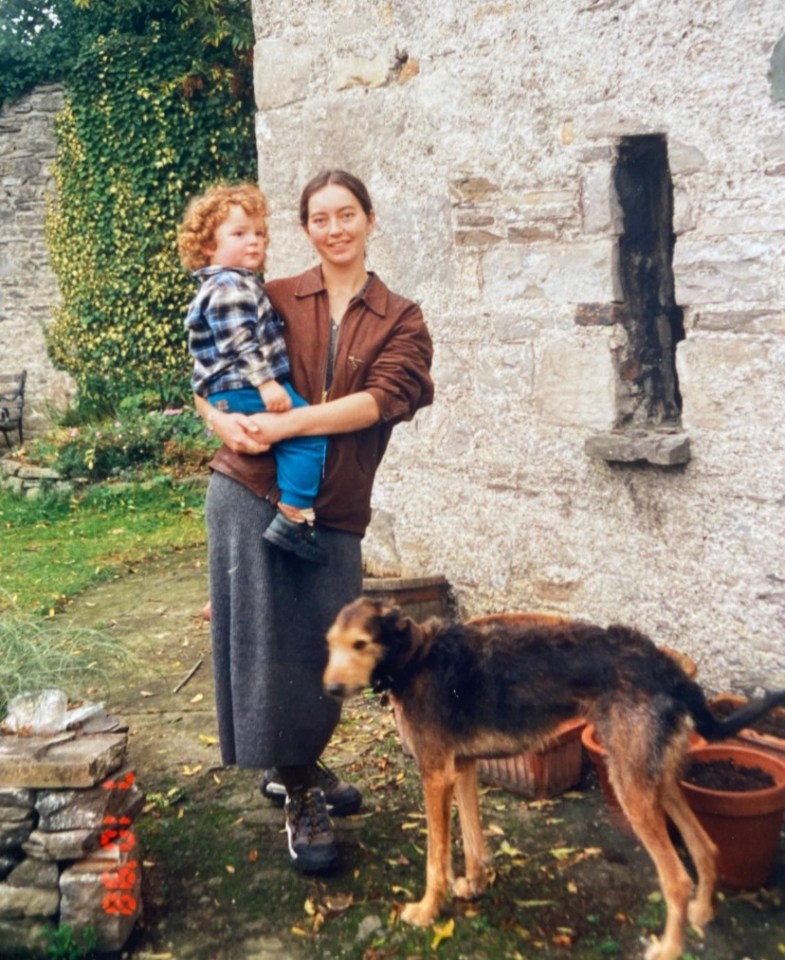
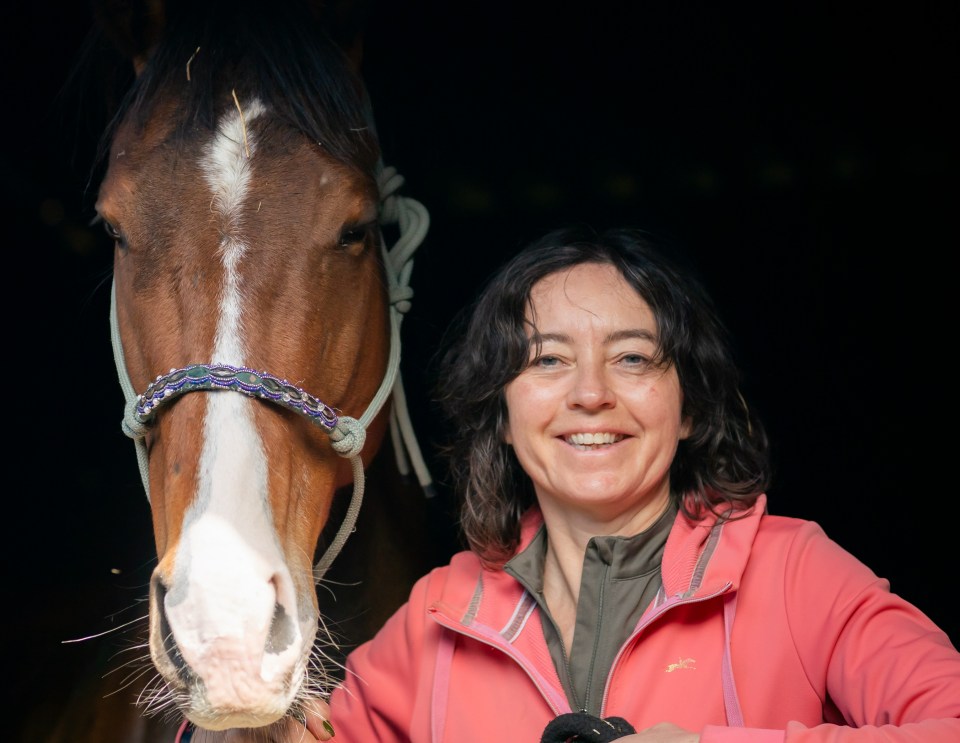
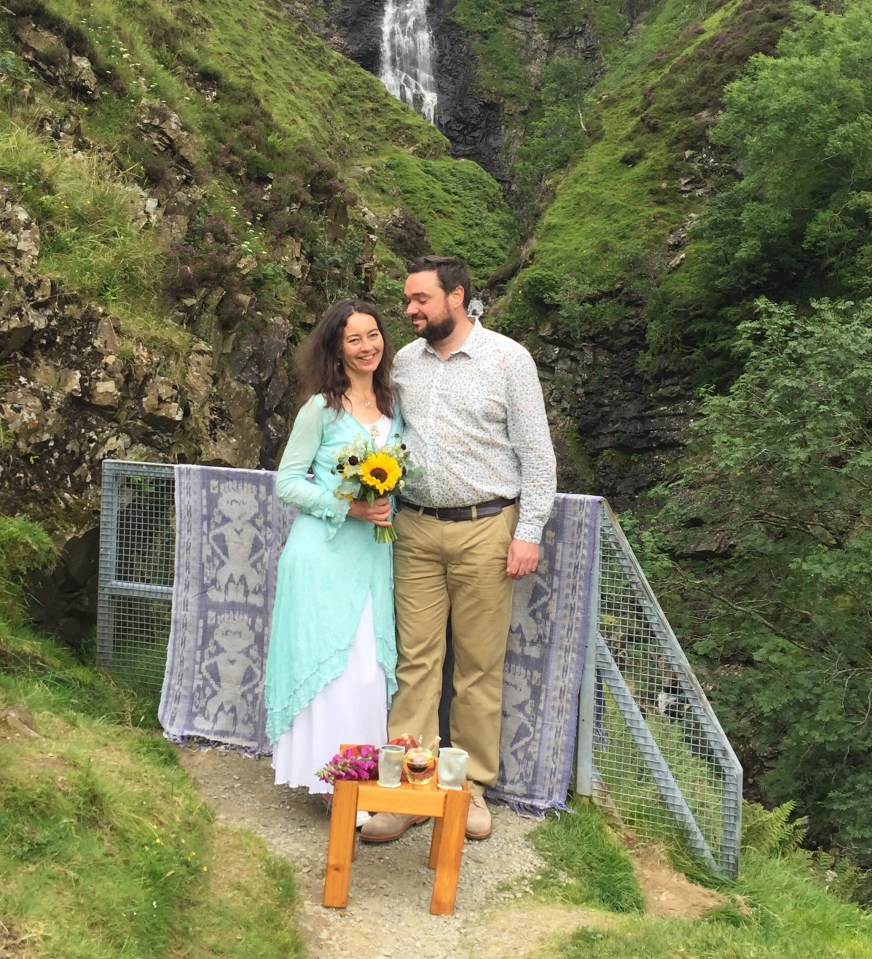
ELEANOR Flegg, 56, is an author and lives in Dublin with her husband Jasper Wood, 43, who works as a special needs assistant at a primary school.
Here she talks about her battle with face blindness, which has no treatment and affects one in 33 people.
When I saw the handsome stranger smiling at me, I blushed. I was walking near my house when I came face to face with a handsome cyclist on the other side of the road.
When he got off his bike and walked towards me, I realized it wasn’t a flirtatious stranger, but my husband Jasper, whom I had known for 23 years.
Growing up I felt different and uncomfortable in so many ways, and my struggle to recognize people was just one part of it, but it had an impact on me.
High school was often overwhelming because everyone in uniform couldn’t recognize people by their clothes.
I would often have conversations with someone, only to find out it was someone else. That was awkward.
When I was 15, I didn’t even recognize myself in a photo and thought it was a boy I had a crush on!
When I was in college, I went away for a weekend with a group that included an ex-boyfriend.
I was pretty sure it was the same guy I dated as a teenager, but I couldn’t ask him exactly, so I avoided him all weekend.
During my first marriage, I had no trouble recognizing my sons Vanya, born in 1992, and Turlough, born in 1996, when they were young. But going out with the boys often meant stressful interactions.
Whenever someone I didn’t recognize showed up and started chatting happily, my brain started working like crazy.
I thought, ‘Do I know you from school or work or somewhere else?’ I looked at their appearance – did their hair, glasses or handbag give me a clue?
I couldn’t bring myself to say, “Sorry, who are you again?” so most of the time they waved me off and I was left exhausted, with no idea who I had spoken to.
Over time, I noticed that I was more likely to get confused when I was tired or stressed, and that I was more likely to recognize someone if they had something distinctive, like red hair or eye-catching glasses.
Yet I didn’t know that what I was experiencing had a name.
In 1999 I split up with my first husband and the following year, at the age of 32, I started dating my current husband Jasper and told him about it.
Luckily he was very understanding and helped me see the humor in it, which I needed because not recognizing people is stressful.
‘Exhaustion’
There’s the exhaustion of trying to figure out who someone is, plus the worry that I’ve upset or offended them. Finding the humor really helped.
One day in 2013, I saw a young man walking a greyhound and thought, ‘Wow, that dog is just like ours.’ When I saw Turlough, then 17, later that day, I told him about it. He just laughed and said, ‘Mum, that was me!’
Jasper and I got married in 2015 and it was wonderful to be together with someone who loved me for who I was, just like my sons.
Prosopagnosia (face blindness)
According to the NHS, prosopagnosia, also known as face blindness, is a condition where you have difficulty recognising faces.
Prosopagnosia is caused by a problem with the part of the brain that processes information about faces.
New research from Harvard University shows that as many as one in 33 people meet the criteria for face blindness.
Brad Pitt talked about his difficulty recognizing faces.
Symptoms of prosopagnosia:
- Difficulty recognizing faces
- Difficulty recognizing emotions on someone’s face
- Difficulty recognizing people’s age and gender
- Difficulty recognizing characters and following plot lines in TV shows or movies
- Difficulty recognizing other things, such as cars or animals
- Trouble finding your way
In 2020 I wrote a novel with an autistic character. When I was researching autism, I recognized many traits in myself. The following January, at age 53, I went for an assessment.
The forms asked if I had trouble recognizing faces, and it was then that I realized the condition I was struggling with had a name: prosopagnosia.
It was such a confirmation to my autism diagnosis and the long process of self-acceptance begin.
I find support on TikTok, where I also make videos
It’s helpful to have a suitable term for not recognizing people, although ‘face blindness’ is problematic because it implies a visual impairment, which I don’t have.
When I talked to my mother about it, I was surprised to learn that she had had the same problems her whole life. I had no idea. It turns out that prosopagnosia runs in families.
There is no treatment for it and I wouldn’t want to. It’s part of who I am.
Jasper jokes that he’s getting a forehead tattoo so I can recognize him! I find support on TikTok, where I also make videos. I want people to know they’re not alone.”
- Follow Eleanor on TikTok @Eleanorflegg.






